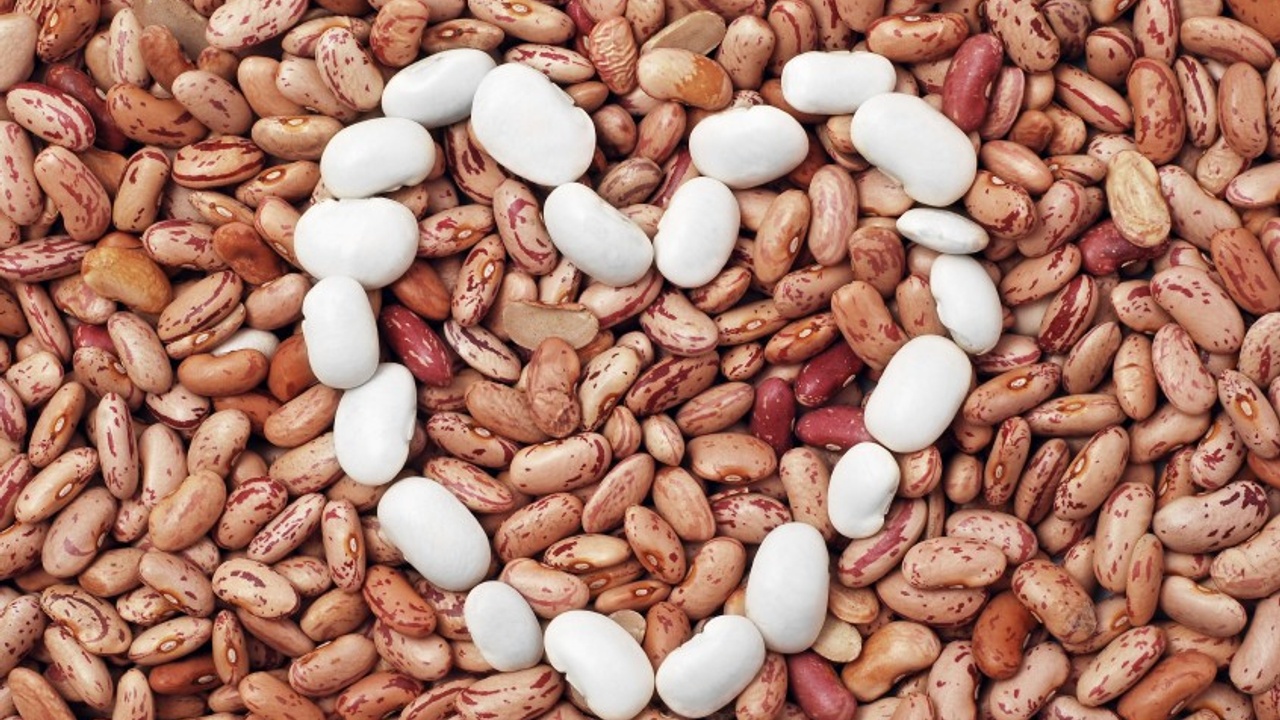Say Yes to Beans, No to Gas and Bloating

I think we’re all familiar with the legendary jingle: “Beans, beans, the musical fruit; The more you eat, the more you toot; The more you toot, the better you feel; So eat your beans at every meal.” Yes, tooting makes you temporarily feel better, but it’s hard to live a happy life around people when you’re farting all the time, never mind the personal discomfort.
Beans have a high fiber content which is largely responsible for the increased gas that you experience if you have been eating a typical low-fiber diet.
So should you just stop eating beans?
No! Eating a cup of cooked beans a day is associated with numerous health benefits which can contribute to a longer, healthier life.
That’s one of the reasons we love beans.
So let’s help you move past the gas obstacle and reap the health benefits beans have to offer.
How to Work Up to Eating Beans Frequently
Starting Out
Are you eating more fruits, vegetables and cooked whole grains at the same time you’re starting to eat beans?
If that’s the case, stick to 1/4 cup of beans per day. You can eat it all at one meal, or break it up between two or 3 meals during the day, whatever plan works best for you.
It can be any kind of bean, black beans, chickpeas, pintos, etc. In fact, feel free to mix it up from day to day. You can cook beans from scratch or choose pre-cooked canned or frozen beans. If using canned beans, rinse them well in a colander before adding to your meal; that removes complex sugars in the bean liquid that contribute to the increased gas.
By starting slowly with a small daily amount, you’re giving your digestive system time to get used to handling the increased amounts of fiber.
2-3 Weeks In
Once your body handles ¼ cup of beans without any issues, increase the amount to ½ cup for the next 2-3 weeks. Eventually you should be able to enjoy a cup or more of beans without increased gas, bloating and discomfort.
Over-the-Counter Help
There are over-the-counter options if you’re needing assistance in alleviating gastrointestinal issues from fiber foods. Beano has a natural digestive enzyme to help prevent gas from beans and other problem high-fiber foods. Before using it, talk with your doctor to be sure it's safe for you to use according to package instructions.
There’s no doubt that high-fiber diets are health promoting. The key is to start adding fiber foods slowly. In other words, choose to be the turtle, not the hare. Your body will thank you. And so will the people you’re with. 😉
Full Plate Living is a small-step approach with big health outcomes. It's provided as a free service of Ardmore Institute of Health.

